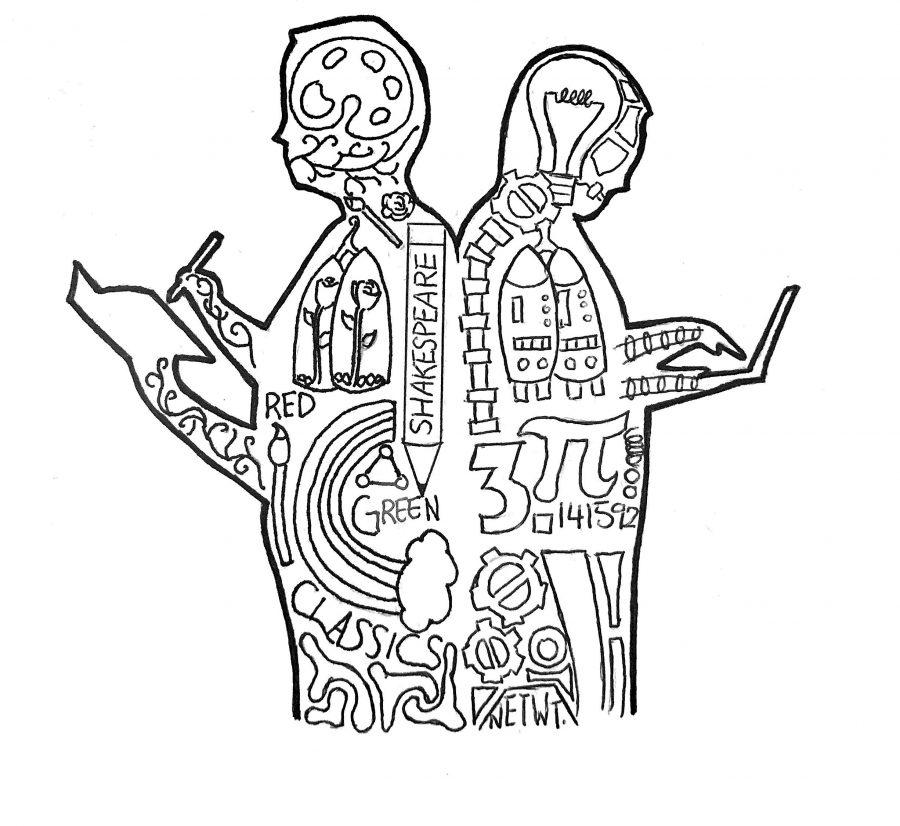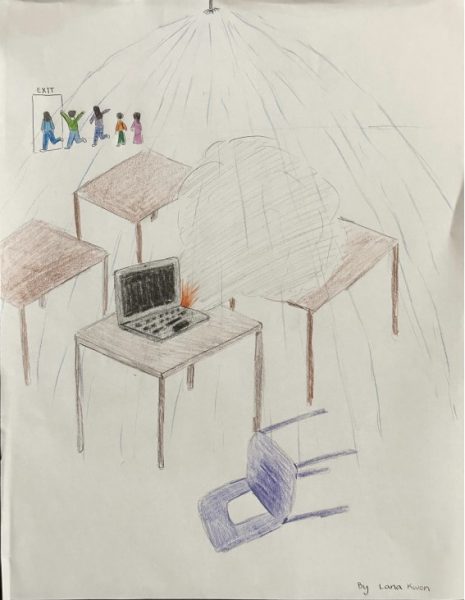Head to Head: Is technology a tool or for fools? (con)
Imagine every single student in the classroom owning a laptop. While this scene would be unimaginable years ago, technology today takes a part in education–which might not have the positive effects that educators want.
Technology has become the lazy way to get work over with– a quick search does your homework– which definitely doesn’t improve education. While homework supposedly helps students practice key concepts, online answer keys limit learning.
“I think that it hinders us in the sense that we want the answers fast,” Spanish teacher Zucely Monterroso said. “We lose that process of searching and learning the information.”
Reading skills also deteriorate because of the increased use of technology. According to a study published in 2013, a group in the University of Stavanger in Norway tested a body of 10th grade students. The students were divided into two factions; one of the groups read from Portable Document Files (PDF) and another read from printed text. After taking the same reading comprehension test, the study showed that the group that read from PDF files scored lower on average.
Aside from causing reading problems, the efficiency of technology reduces benefits of note-taking. Typing allows students to copy lectures by word without processing information; note-taking by hand, however, is slower and forces students to filter information.
“I think when I’m writing by hand,” sophomore Kylie James said, “I actually remember it.”
Students who don’t use technology in class benefit by retaining more information from the lecture alone.
Because of its efficiency that generally reduces comprehension, technology hinders education rather than improving it. It is not only a distraction, it also lessens students’ abilities to close read and process. School curriculums should think twice before making technology a prominent part of its system.
Your donation will support the student journalists of Woodbridge High School. Your contribution will allow us to purchase equipment and cover our annual website hosting costs.

Hey Warriors! I’ve been in the Golden Arrow for three years now, and I am incredibly excited to be serving as your In-Depth Editor this year. I am also...







